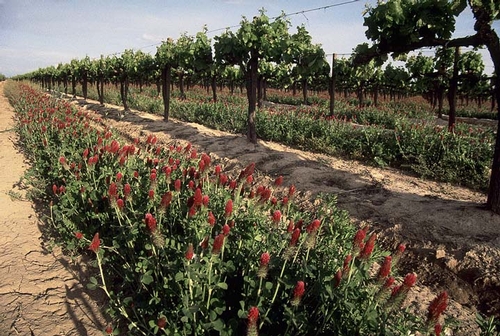A recent study titled “The Perceived Benefits and Cost of Sustainability Practices in California Viticulture” was conducted by Principal Investigator Mark Lubell, Professor, Department of Environmental Science and Policy, University of California, Davis and colleagues. The study was funded by the National Science Foundation and focuses on California’s winegrape growers decision-making around sustainable viticulture practices. The researchers were interested in answering the question: Are the environmental and economic benefits of adopting sustainable practices greater than the cost?

An interesting question no doubt, since many think that consumers are behind the push to move to “sustainable” farming practices; a concept that has many definitions. However, it seems that major food chains around the world are putting increasing pressure on the agricultural community and the economics of farming by requiring farmers to document and report their "sustainable" practices. Loosely defined, “sustainable agriculture” is the practice of reducing inputs that negatively impact the environment while maintaining a farming business that is still financially sound. At times it can be difficult for farmers to cover additional cost associated with some practices with little research or impact on quality or quantity, especially small farms defined as a farm that grosses less than $250,000 per year.
Getting farmers to adopt cultural practices that have high benefits to the environment can be difficult when cost exceed their current practices with proven results. Lubell et al found some interesting results after interviewing growers, their staff, vineyard consultants and university researchers.
To learn more, the research brief can be accessed here.